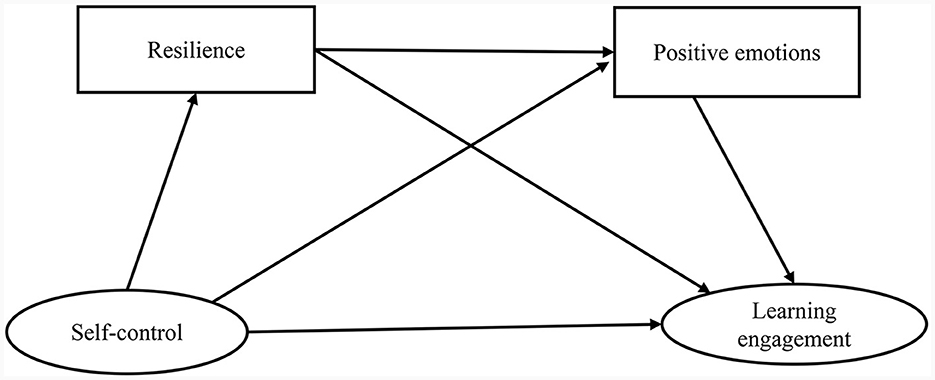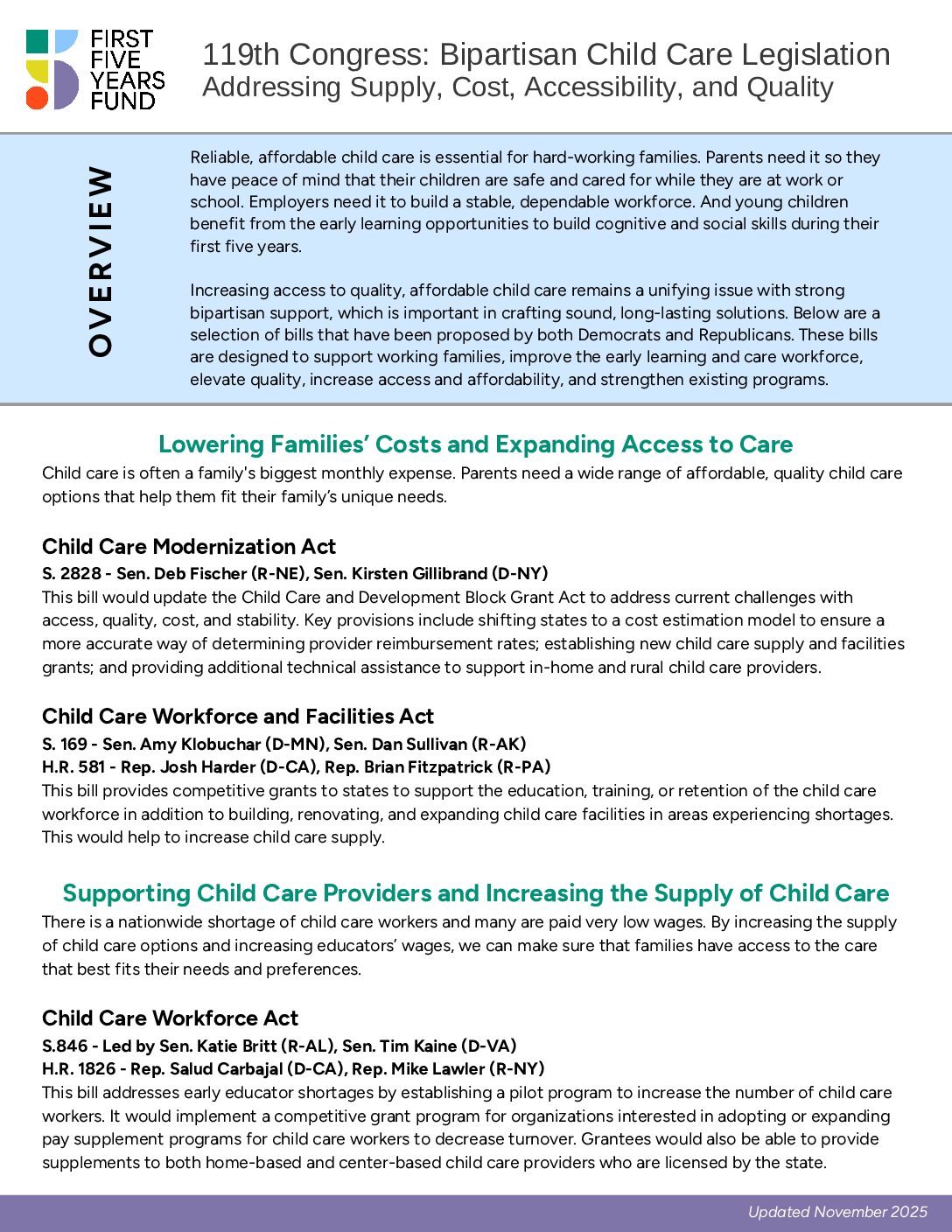Do teacher-training college students become more engaged in their studies because of commitment? The mediating role of self-control and the moderating role of core self-evaluation – Frontiers

Report on the Psychological Drivers of Learning Engagement Among Teacher-Training Students in the Context of Sustainable Development Goal 4
Introduction: Aligning Teacher Training with Sustainable Development Goal 4
The 2030 Agenda for Sustainable Development places significant emphasis on **Sustainable Development Goal 4 (SDG 4): Quality Education**. Achieving this goal is contingent upon a highly skilled and motivated teaching workforce. Students enrolled in teacher-training programs are the future architects of this vision, tasked with advancing an education system that fosters national sustainable development. Their academic preparation and learning engagement are, therefore, not merely personal academic pursuits but critical indicators of their potential to deliver the quality education mandated by SDG 4.
The level of learning engagement among these future educators is a direct predictor of their academic success, future job performance, and overall effectiveness in the classroom. Consequently, understanding the factors that influence their engagement is paramount for designing teacher education programs that produce qualified and excellent educators capable of meeting global sustainability targets. This report examines the interplay between professional commitment, self-control, and core self-evaluation in shaping the learning engagement of teacher-training students, providing a psychological framework for enhancing educator quality in pursuit of SDG 4.
Literature Review: Theoretical Frameworks for Educator Engagement
Professional Commitment and its Role in Quality Education (SDG 4)
Professional commitment is an individual’s identification with their chosen profession, characterized by a willingness to exert effort toward professional goals and a sense of pride. It is a multidimensional construct comprising four key elements:
- Affective Commitment: A deep emotional attachment and desire to remain in the teaching profession.
- Continuance Commitment: A recognition of the personal and financial costs associated with leaving the profession.
- Normative Commitment: A sense of obligation and responsibility to the profession, viewing teaching as a societal duty.
- Ideal Commitment: A strong belief that the teaching profession aligns with personal values and offers a path to self-fulfillment.
These dimensions reflect the deep-seated motivation required for educators to contribute effectively to the inclusive and equitable quality education envisioned in SDG 4.
Self-Control as a Foundation for Effective Teaching
Self-control is the ability to regulate behavior, impulses, and emotions to achieve long-term goals. The dual-systems model posits that self-control involves the interaction of two systems:
- The Impulsive System: This system drives immediate, automatic responses to temptations, such as procrastination or distraction.
- The Control System: This system involves conscious, effortful processing to resist impulses and align actions with long-term objectives, such as sustained study and professional development.
For future teachers, strong self-control is fundamental for managing academic demands and, later, classroom challenges, thereby creating the stable and effective learning environments essential for achieving the targets of SDG 4.
The Mediating Role of Self-Control in Linking Commitment to Engagement
Learning engagement is a state of high energy, mental resilience, dedication, and complete immersion in learning activities. It is hypothesized that professional commitment influences learning engagement through the mechanism of self-control. A strong commitment to the teaching profession can bolster a student’s ability to regulate impulsive behaviors and activate control systems, translating professional ideals into disciplined academic action. This study investigates how the dual systems of self-control mediate the relationship between the four dimensions of professional commitment and learning engagement.
The Moderating Role of Core Self-Evaluation
Core self-evaluation (CSE) refers to an individual’s fundamental assessment of their own abilities and self-worth. As a positive psychological trait, CSE can function as a protective resource. It is hypothesized that CSE moderates the relationship between self-control and learning engagement. Individuals with high CSE may be better equipped to handle academic pressures and challenges, potentially amplifying the positive effects of the control system or mitigating the negative effects of the impulsive system on their engagement.
Research Methodology
Participants and Procedure
The study involved a survey of 846 teacher-training students selected through random sampling from various colleges and universities. The sample was predominantly female (93.3%), reflecting the gender distribution in Chinese teacher education programs. Participants included students from all four years of study.
Measurement Instruments
Four validated scales were utilized to collect data:
- Professional Commitment Scale: Assessed the four dimensions of affective, ideal, normative, and continuance commitment.
- Learning Engagement Scale (UWES-S): Measured three dimensions of engagement: vigor, dedication, and absorption.
- Dual-Systems Scale for Self-Control: Evaluated the impulsive and control systems of self-control.
- Core Self-Evaluation Scale (CSES): Measured individuals’ fundamental self-assessments.
Data Analysis
Data were analyzed using descriptive statistics and Partial Least Squares Structural Equation Modeling (PLS-SEM). This approach was used to validate the measurement model and test the hypothesized relationships between professional commitment, self-control, core self-evaluation, and learning engagement.
Key Findings
Influence of Professional Commitment on Self-Control
The analysis revealed distinct pathways through which professional commitment influences self-control. Affective commitment (emotional attachment) and continuance commitment (perceived costs of leaving) were found to have a significant positive effect on the impulsive system. In contrast, normative commitment (sense of duty) and ideal commitment (value alignment) demonstrated a significant positive influence on the control system.
The Direct Impact of Self-Control on Learning Engagement
Both systems of self-control were found to be significant predictors of learning engagement. The impulsive system and the control system both exerted a significant positive influence, indicating that greater self-regulation, whether through impulse management or goal-directed control, leads to higher levels of student engagement.
Mediating and Moderating Effects
The study confirmed the mediating role of self-control. The impulsive system mediated the relationship between affective/continuance commitment and learning engagement. The control system mediated the relationship between normative/ideal commitment and learning engagement. Furthermore, core self-evaluation was found to be a significant moderator, influencing the strength of the relationship between both self-control systems and learning engagement.
Discussion: Implications for Achieving SDG 4
Fostering Professional Commitment to Enhance Self-Control
The findings underscore that cultivating a robust professional commitment among future teachers is a critical strategy for enhancing their self-regulatory capacities. To support SDG 4, teacher education programs must move beyond technical training to instill a deep, multi-faceted commitment. Nurturing affective and continuance commitment can help students manage impulsive behaviors, while strengthening normative and ideal commitment can bolster their goal-directed control, preparing them for the rigors of the profession.
Self-Control as a Critical Competency for Future Educators
This report identifies self-control as a core competency for future educators. The ability to regulate behavior and maintain focus directly translates into higher learning engagement and, subsequently, better teaching practices. Developing this competency is essential for creating the resilient, effective, and high-quality learning environments required to meet the objectives of SDG 4.
The Role of Core Self-Evaluation in Teacher Resilience
Core self-evaluation acts as a crucial psychological resource. The findings indicate that an objective and positive self-view can moderate the effects of self-control on engagement. For sustainable teacher development, programs should aim to cultivate a healthy sense of self-efficacy and self-worth in students. This will help them navigate academic and professional challenges, ensuring their long-term well-being and effectiveness, which are prerequisites for a sustainable education system.
Conclusion and Recommendations for Sustainable Teacher Development
Summary of Findings
- Affective and continuance commitment positively influence the impulsive system of self-control, while normative and ideal commitment positively influence the control system.
- Both the impulsive and control systems of self-control are significant positive predictors of learning engagement.
- The dual systems of self-control mediate the relationship between the dimensions of professional commitment and learning engagement.
- Core self-evaluation moderates the impact of both self-control systems on learning engagement.
Recommendations for Policy and Practice
Based on these findings, teacher-training institutions should adopt a comprehensive intervention framework to better prepare educators for their role in achieving SDG 4. This framework should include:
- Differentiated Commitment-Building: Implement programs that specifically target the four dimensions of professional commitment. Emotion regulation training can bolster affective commitment, while cognitive interventions focused on professional ethics and values can strengthen normative and ideal commitment.
- Systematic Self-Control Training: Integrate training on self-control strategies, time management, and impulse regulation into the curriculum to build the behavioral discipline necessary for sustained engagement.
- Cultivating Core Self-Evaluation: Develop programs that enhance students’ self-efficacy, foster a growth mindset, and promote objective self-awareness to build the psychological resilience needed for a demanding profession.
By adopting this multi-dimensional approach, educational institutions can develop the psychological competencies and behavioral regulation skills essential for producing a generation of teachers capable of delivering on the promise of Quality Education for all.
Limitations and Future Research
This study’s cross-sectional design limits definitive causal conclusions. The sample’s gender imbalance, while representative of the context, may affect the generalizability of the findings. Future research should employ longitudinal or experimental designs to confirm causality and explore the impact of other variables, such as socioeconomic status and academic stress. Such studies will further refine our understanding of how to build a resilient and effective teaching workforce for a sustainable future.
Analysis of Sustainable Development Goals (SDGs) in the Article
1. Which SDGs are addressed or connected to the issues highlighted in the article?
The article primarily addresses issues related to two Sustainable Development Goals (SDGs):
- SDG 4: Quality Education – The core focus of the article is on improving the quality of future educators. The introduction explicitly states that the mission of future teachers is “to contribute to the advancement of education, which is crucial for the sustainable development of the country.” The entire study revolves around enhancing the “standard of education” by examining the “learning engagement” and “academic progress” of teacher-training students.
- SDG 8: Decent Work and Economic Growth – The article connects the academic and psychological development of teacher-trainees to their future professional lives. It notes that their learning engagement is a “significant predictor of their academic success, employment prospects, and job performance.” This links the quality of their education directly to their ability to secure decent work and perform effectively, contributing to the educational workforce and economic growth.
2. What specific targets under those SDGs can be identified based on the article’s content?
Based on the article’s content, the following specific SDG targets can be identified:
-
SDG 4: Quality Education
- Target 4.c: “By 2030, substantially increase the supply of qualified teachers, including through international cooperation for teacher training in developing countries…” The article is entirely focused on students in “teacher-training programs” and the factors (professional commitment, self-control) that are essential for them “to become a qualified and excellent educator.” The study’s goal of establishing a “theoretical foundation for improving teacher trainees’ learning engagement” directly supports the aim of increasing the supply of *qualified* teachers.
- Target 4.1: “By 2030, ensure that all girls and boys complete free, equitable and quality primary and secondary education leading to relevant and effective learning outcomes.” The article supports this target indirectly. By investigating how to improve the quality of teacher-trainees, it addresses a fundamental prerequisite for delivering quality education. The text mentions that these future teachers are instrumental in “elevating the standard of education.”
- Target 4.3: “By 2030, ensure equal access for all women and men to affordable and quality technical, vocational and tertiary education, including university.” The study’s participants are “students enrolled in teacher-training programs at universities and colleges.” The research itself is an effort to understand and improve the quality of this specific form of tertiary education, ensuring that the training provided is effective.
-
SDG 8: Decent Work and Economic Growth
- Target 8.5: “By 2030, achieve full and productive employment and decent work for all women and men… and equal pay for work of equal value.” The article links students’ learning engagement to their “employment prospects, and job performance.” By identifying factors that improve engagement, the study aims to enhance the students’ future productivity and performance in their teaching careers, which is a cornerstone of decent work.
- Target 8.6: “By 2020, substantially reduce the proportion of youth not in employment, education or training.” Although the target date has passed, the principle remains relevant. The study focuses on students currently in education and training for a specific profession. By examining “professional commitment” and factors that lead to success, the research contributes to ensuring that these young people transition effectively into employment rather than becoming disengaged from their career path.
3. Are there any indicators mentioned or implied in the article that can be used to measure progress towards the identified targets?
Yes, the article mentions and uses several specific psychological constructs as indicators to measure the quality and preparedness of future teachers, which in turn measures progress towards the identified targets.
-
Indicators for Target 4.c (Increase the supply of qualified teachers)
- Learning Engagement: The article explicitly states that the “level of engagement in learning is a crucial indicator of their learning quality.” It is measured using the “learning engagement scale (UWES-S),” which assesses vigor, dedication, and absorption. This serves as a direct proxy for the quality of a teacher-in-training.
- Professional Commitment: This is presented as a key factor for becoming a “qualified and excellent educator.” It is measured using the “Professional Commitment Scale for College Students,” which includes dimensions like affective, ideal, normative, and continuance commitment. Higher commitment indicates a higher likelihood of becoming a dedicated and effective teacher.
- Self-Control: The study identifies self-control as a critical mediator affecting learning engagement. It is measured with the “Adolescent Self-Control Dual-Systems Scale.” A student’s ability to regulate impulses and focus on long-term goals is an indicator of their potential to be a disciplined and effective teacher.
- Core Self-Evaluation (CSE): This is used as a moderator and reflects “the most fundamental assessment an individual holds of their own abilities and values.” Measured by the “Core Self-Evaluation Scale (CSES),” it indicates a student’s psychological resilience and self-efficacy, which are vital traits for a qualified teacher.
-
Indicators for Target 8.5 (Full and productive employment)
- Learning Engagement: The article posits that learning engagement is a “significant predictor of their… employment prospects, and job performance.” Therefore, measuring this construct serves as a leading indicator of a student’s future success and productivity in the workforce.
- Professional Commitment: A student’s commitment to the teaching profession is an indicator of their likelihood to seek, retain, and be productive in a teaching job. It reflects their dedication to performing well in their chosen career, aligning with the goal of productive employment.
4. Table of SDGs, Targets, and Indicators
| SDGs | Targets | Indicators |
|---|---|---|
| SDG 4: Quality Education | Target 4.c: Substantially increase the supply of qualified teachers. |
|
| Target 4.1: Ensure quality primary and secondary education. | (Indirectly supported) The quality of teacher-trainees, as measured by the indicators for Target 4.c, is a prerequisite for achieving this target. | |
| Target 4.3: Ensure equal access to quality tertiary education. | The study’s focus on improving the quality of university-level teacher-training programs. | |
| SDG 8: Decent Work and Economic Growth | Target 8.5: Achieve full and productive employment and decent work. |
|
| Target 8.6: Reduce the proportion of youth not in employment, education or training. | The study’s focus on improving the outcomes for youth currently in professional training to ensure a successful transition to employment. |
Source: frontiersin.org

What is Your Reaction?
 Like
0
Like
0
 Dislike
0
Dislike
0
 Love
0
Love
0
 Funny
0
Funny
0
 Angry
0
Angry
0
 Sad
0
Sad
0
 Wow
0
Wow
0







































































